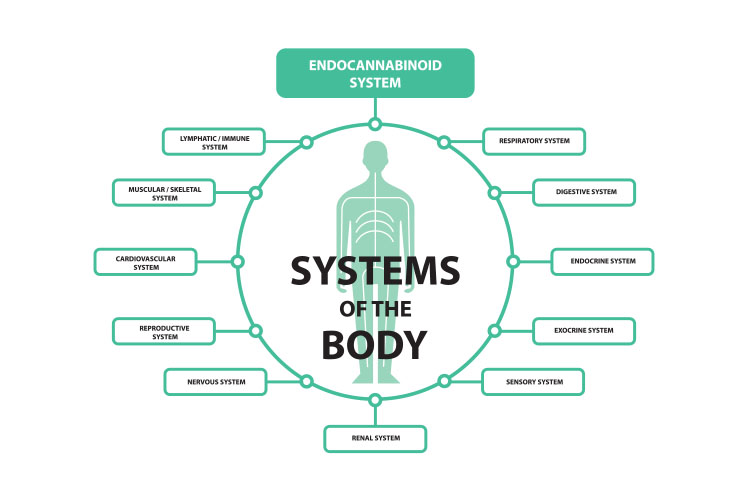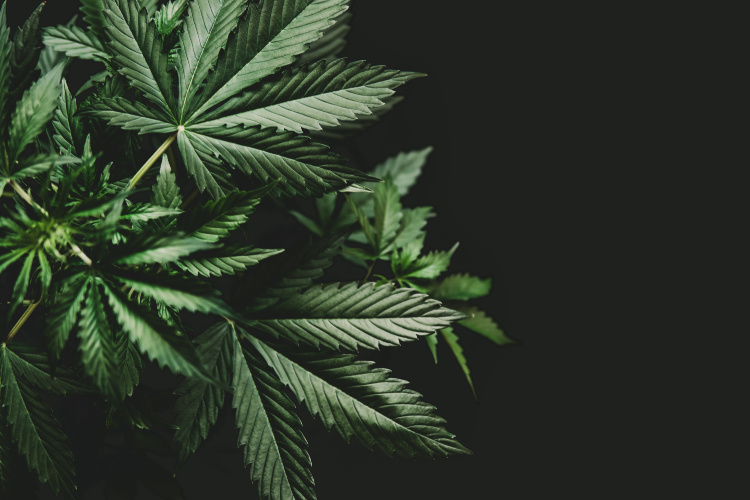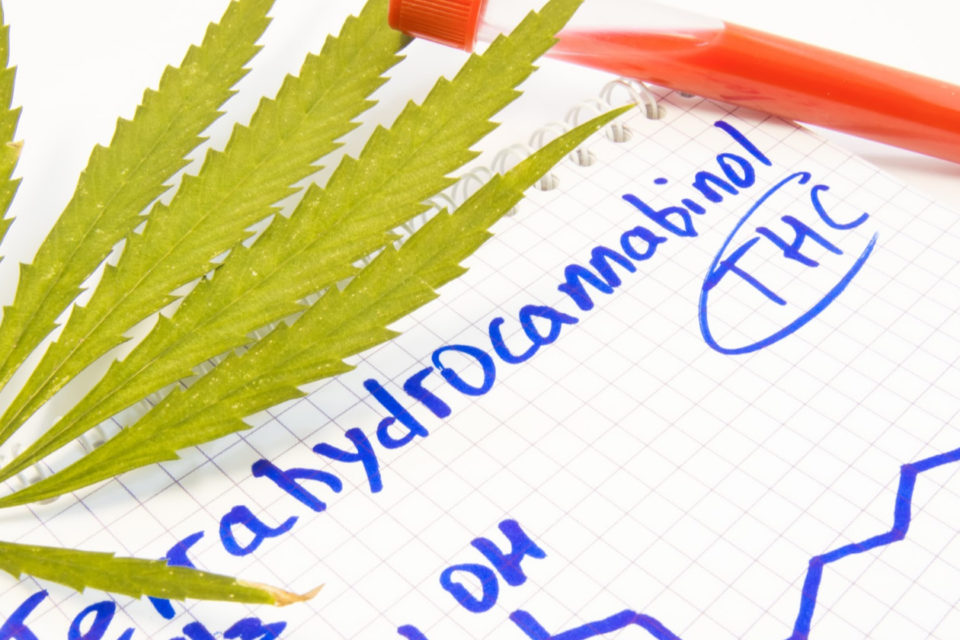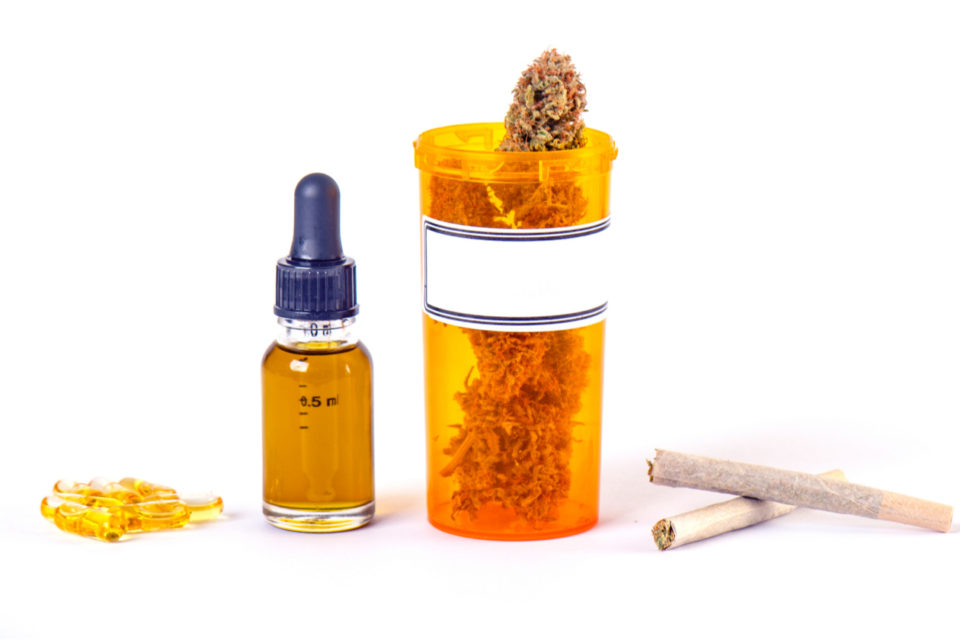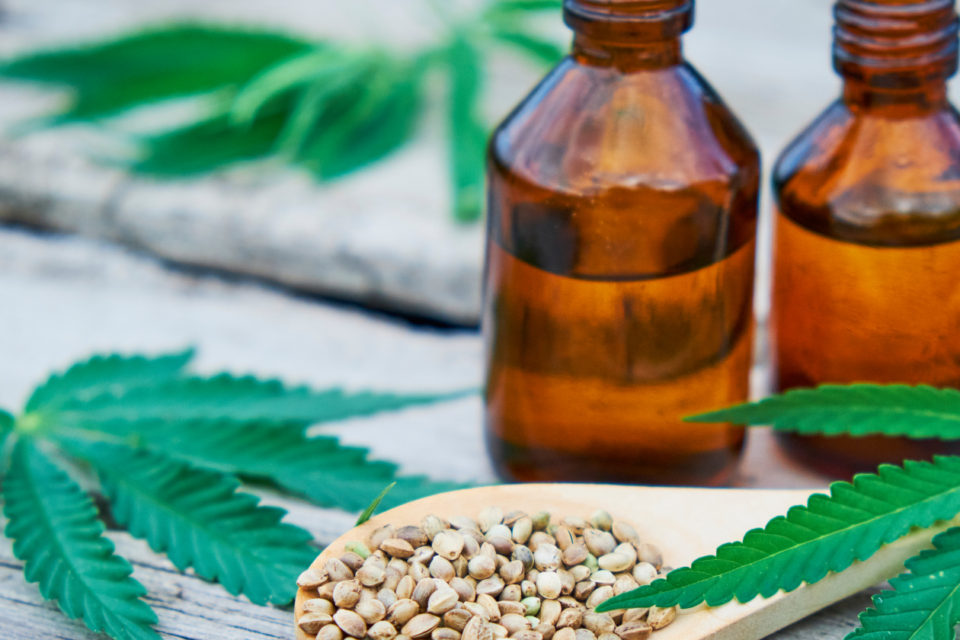At least 113 different cannabinoids have been identified and isolated from the cannabis plant. Among them is THC, the mind-altering cannabinoid that has become synonymous with recreational cannabis use.
THC is a crucial part of the cannabis experience. It is the cannabinoid most responsible for producing the mind-altering ‘high’ that cannabis smokers crave so much. But there is much more to this fascinating cannabinoid than just a good time.
What Kind of Effects Does THC Produce?
THC has a wide-range of short-term effects which may be influenced by its interactions with other terpenes and flavonoids. This would explain why different strains produce different effects even though THC is the dominant psychoactive cannabinoid in almost every strain (high-CBD strains being the obvious exception).
Some common short-term effects of THC include elation, relaxation, sedation, pain-relief, energy, hunger, drowsiness, and slowed perception of time. Side effects typically include dry mouth and dry eyes, and can sometimes include anxiety, dizziness, and ‘couch-lock’.
How Does THC Produce Its Effects?
THC produces these effects through its interactions with the body’s inner endocannabinoid system (ECS). This system is composed of protein cell receptors distributed throughout the central and peripheral nervous systems, including the brain.
If you were surprised to find out that our bodies have a system in place for communicating with cannabinoids, then it may also surprise you to find out that our bodies produce their own version of cannabinoids.
Endocannabinoids like anandamide and 2-AG are naturally produced by our body for the purpose of interacting with the body’s ECS. These interactions work to maintain homeostasis (balance) in the body by regulating things such as mood, sleep, and appetite.
THC has been found to similarly interact with cell receptors in the ECS in order to produce its long list of psychoactive effects. In fact, research shows that THC activates CB1 and CB2 cell receptors in the same way that the endocannabinoid anandamide does.
THC Does Not Exist In Nature
You may be surprised to find out that THC does not actually exist in nature. But marijuana is a plant, right? So what gives?
Well, in its natural state, THC is actually THCA. THCA is non-psychoactive and is considered to be the acidic precursor to THC. It can be converted to THC by being exposed to a certain amount of heat (like in a vaporizer or a bowl). In nature, THCA is thought to act as a defense mechanism for cannabis plants, protecting them from potential threats such as pests or predators (hence the acid).
It is worth noting that THCA produces no psychoactive effects whatsoever. It is for this reason that eating raw cannabis will not get you high.
THC As Medicine
THC doesn’t just get you high. It has also been shown to have significant therapeutic properties that may be useful in the treatment of a number of medical conditions. THC’s pain-relieving, anti-nausea, anti-epileptic, and anti-inflammatory effects make it suitable for the treatment of numerous conditions. Some of the conditions that THC is commonly used to treat include physical pain, muscle spasticity, glaucoma, insomnia, nausea, eating disorders, and anxiety.
Want to learn more about cannabis? We can help! Ask our Venice Beach dispensary staff anything.

